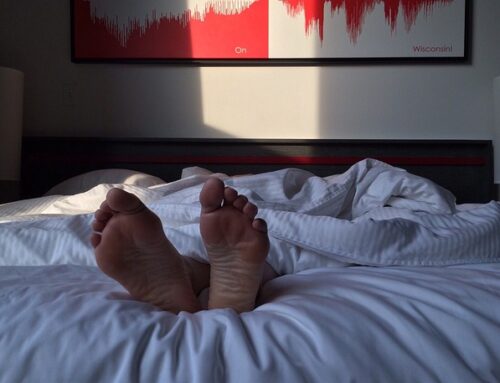Another interesting article and topic is how obstructive sleep apnea (OSA) disrupts cognition in Parkinson’s Disease patients. It seems that the more research being completed, the more we continue to see a link between other diseases. Sleep apnea in patients with Parkinson’s disease is linked to higher levels of sleepiness and lower cognitive function scores according to results published in Neurology.
What is the Connection?
Cognitive dysfunction is one of the non-motor symptoms of Parkinson’s disease associated with lower quality of life. Dementia also occurs in about 30% of patients with PD, reaching as high as 80% in patients with advanced age and disease. These cognitive and psychomotor impairments can also be linked with obstructive sleep apnea.
It’s interesting to think about this new connection and how it might affect our patients. While we might not interact with a large group of people with Parkinson’s disease, it is still important to know and understand this connection. For instance, sleep problems can be an early sign of Parkinson’s disease. This is even before motor symptoms have begun. Some common sleep problems for Parkinson’s patients include:
- Insomnia
- Excessive daytime sleepiness
- Nightmares
- Sleep attacks
- REM sleep behavior disorder
- Periodic leg movement disorder
- Restless leg syndrome
- Sleep apnea
- Nocturia
Each of these conditions can lead to further complications, mainly sleep apnea. And, as you know, sleep apnea has been linked to insomnia, excessive daytime sleepiness, nocturia and restless leg syndrome. By being aware of these connections, we can continue to help our patients even more.





